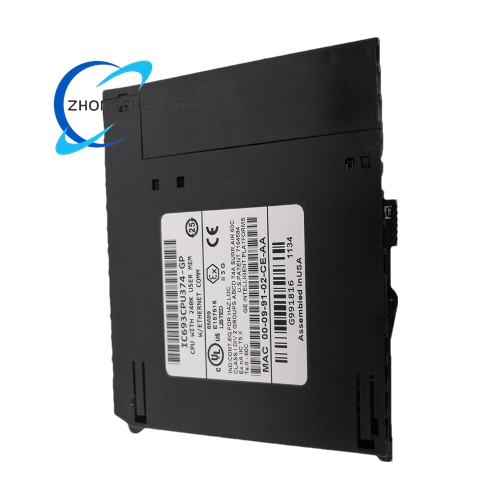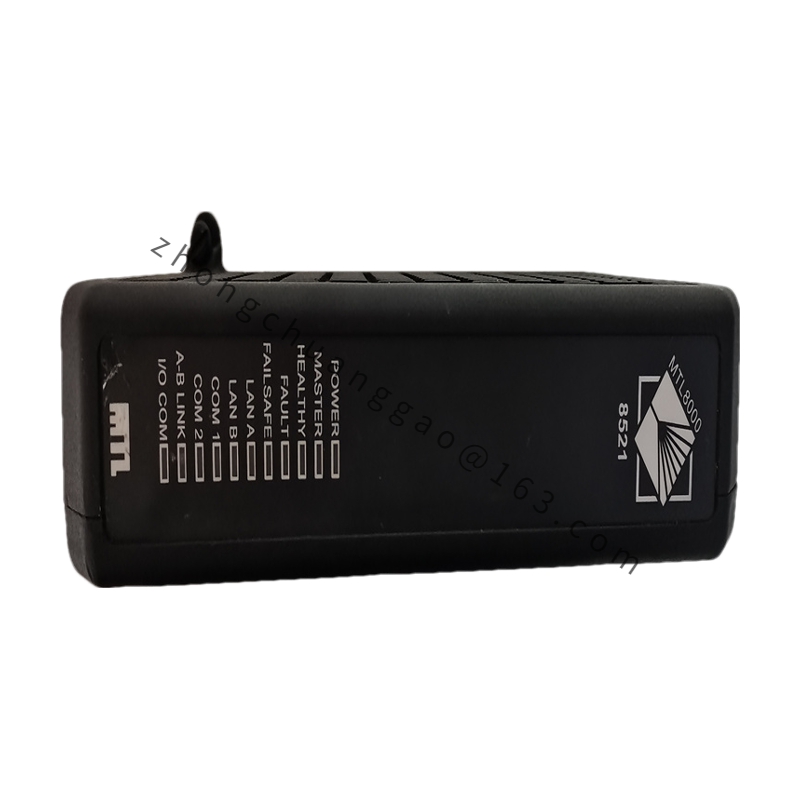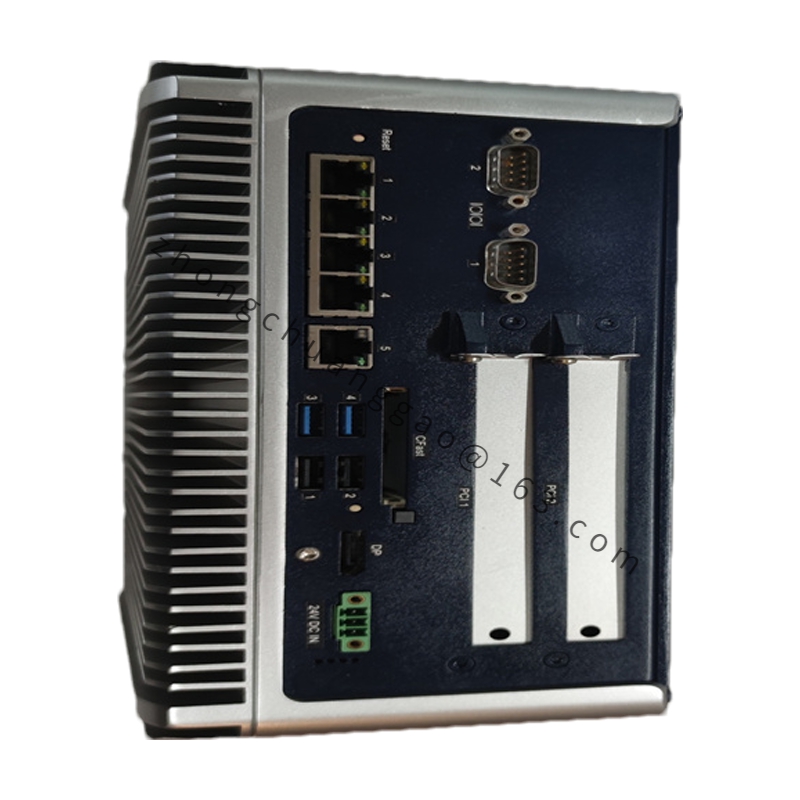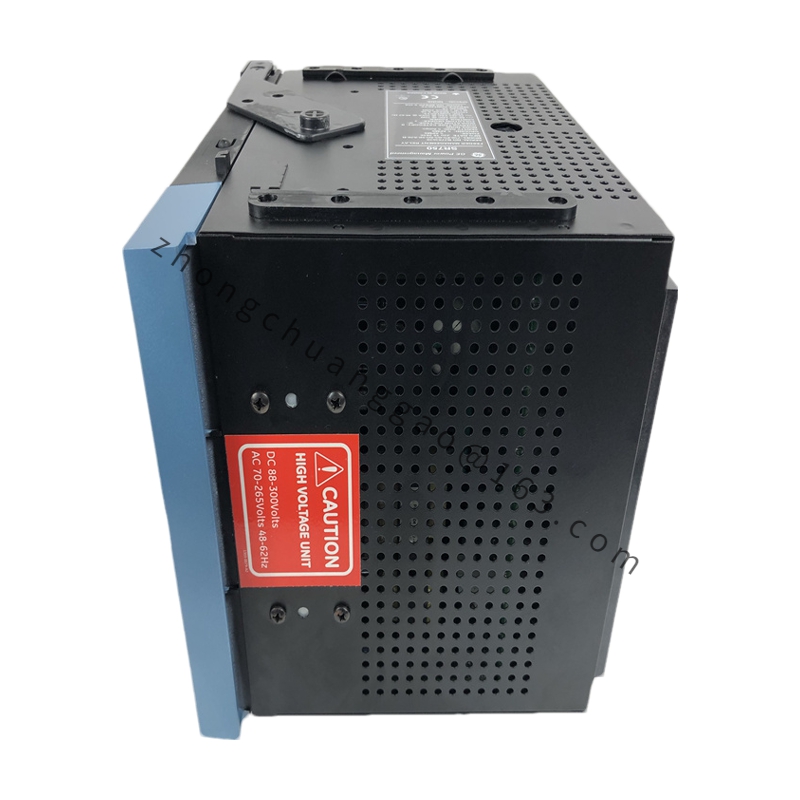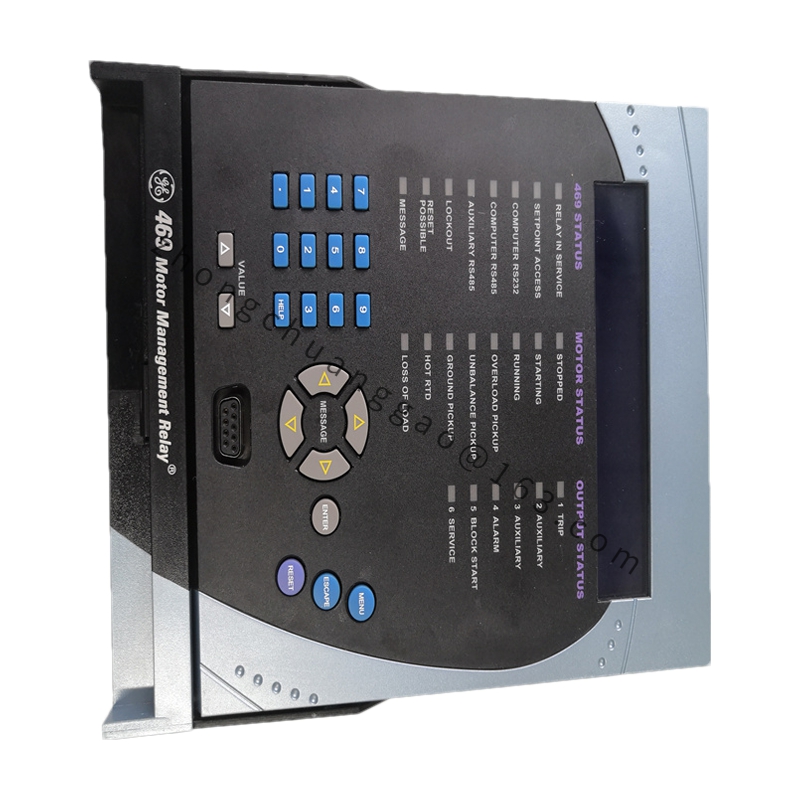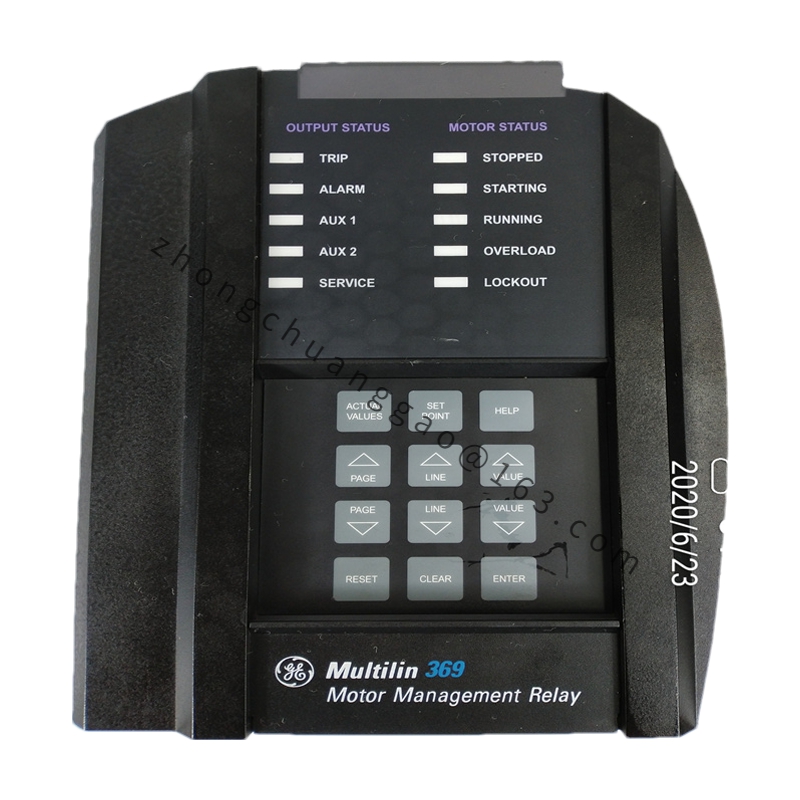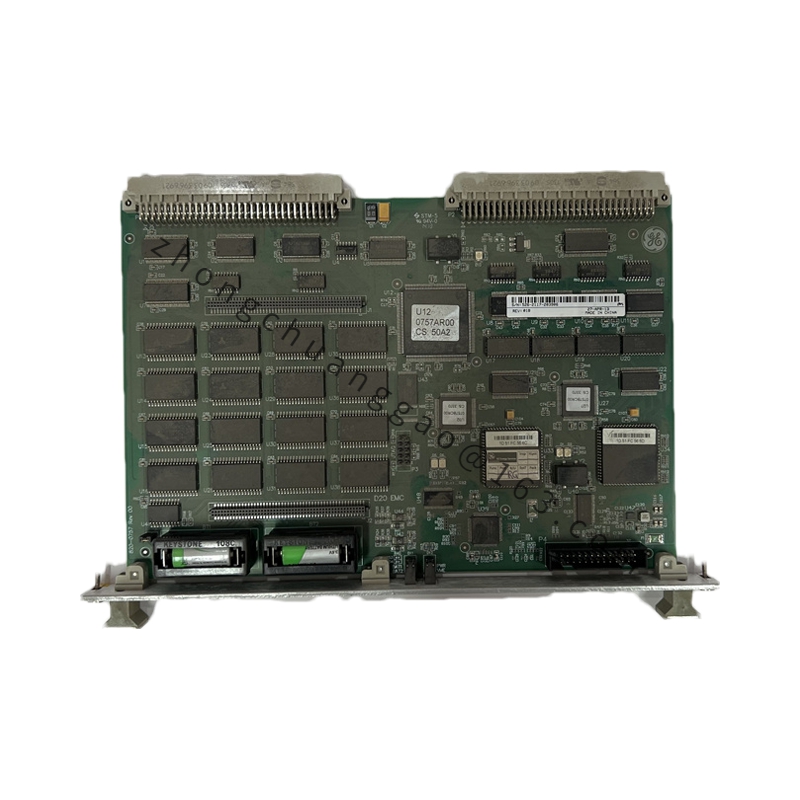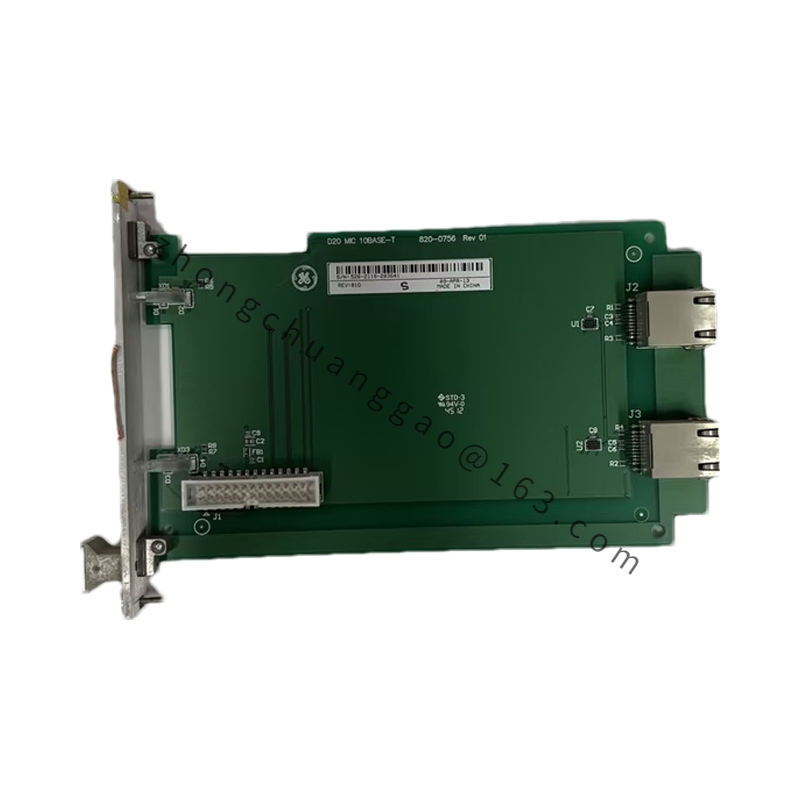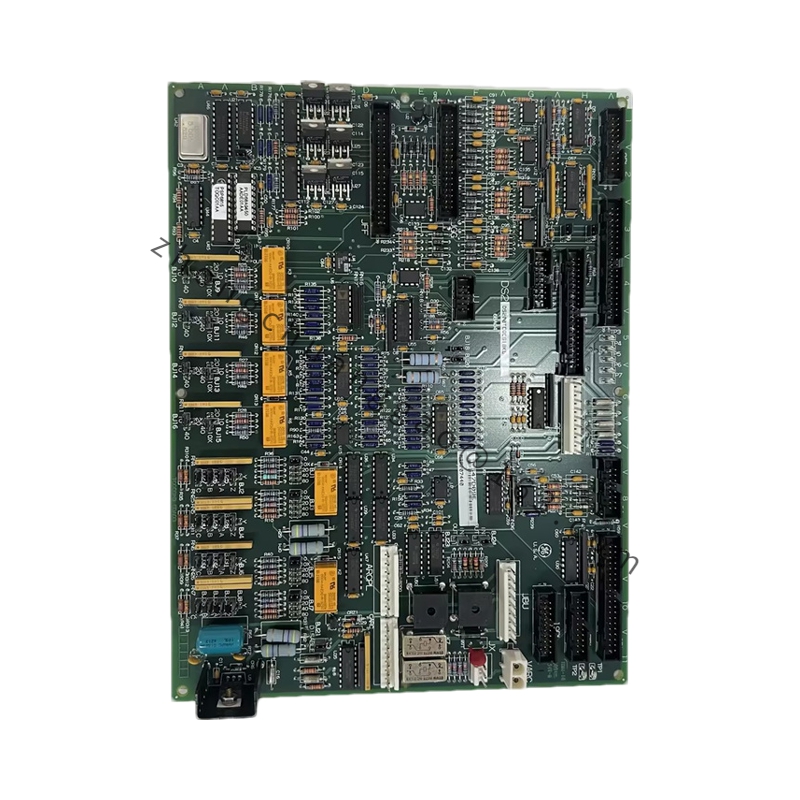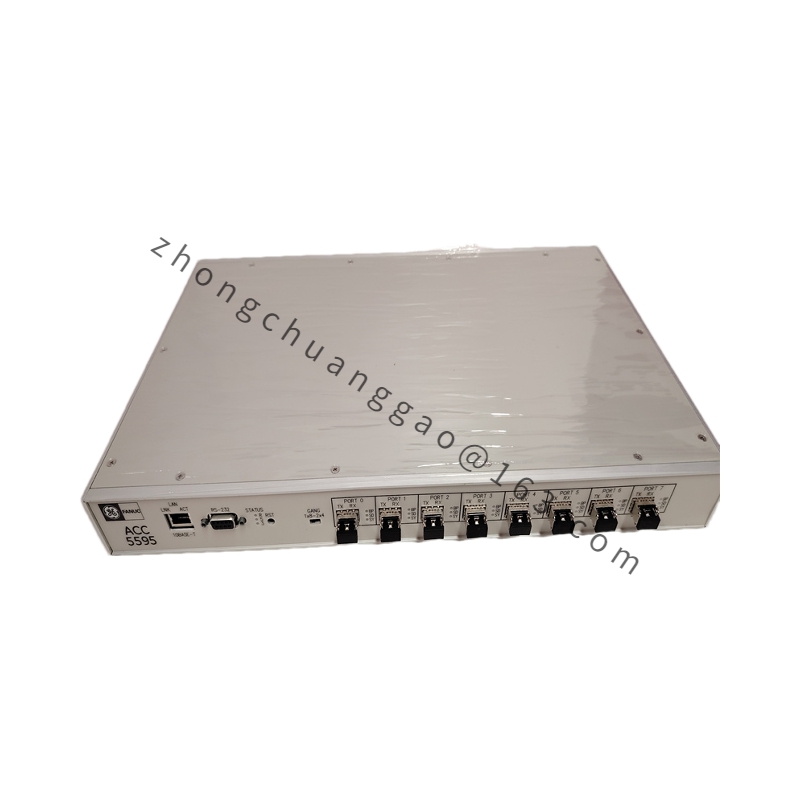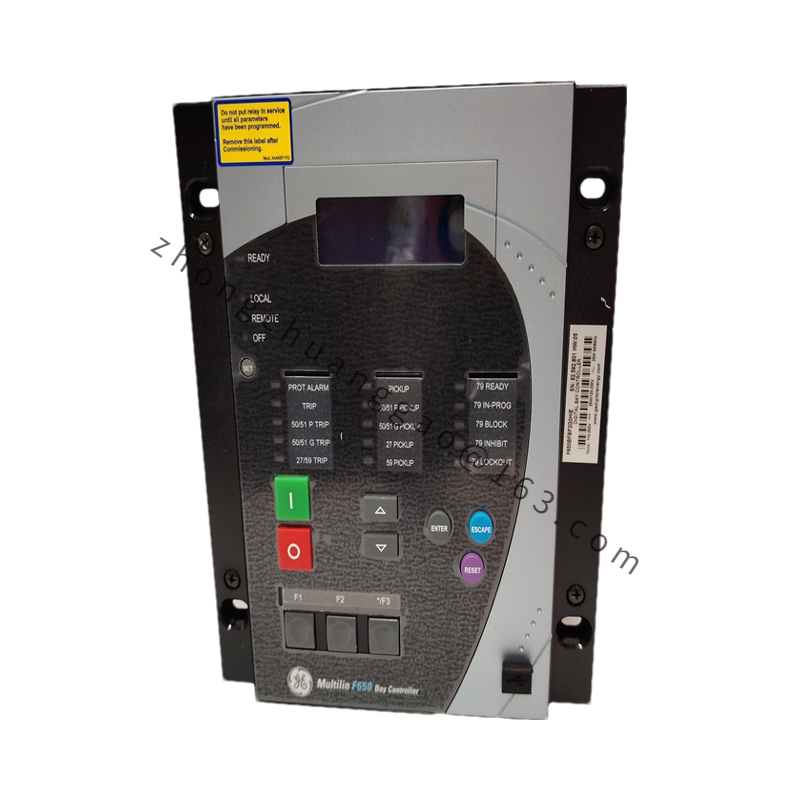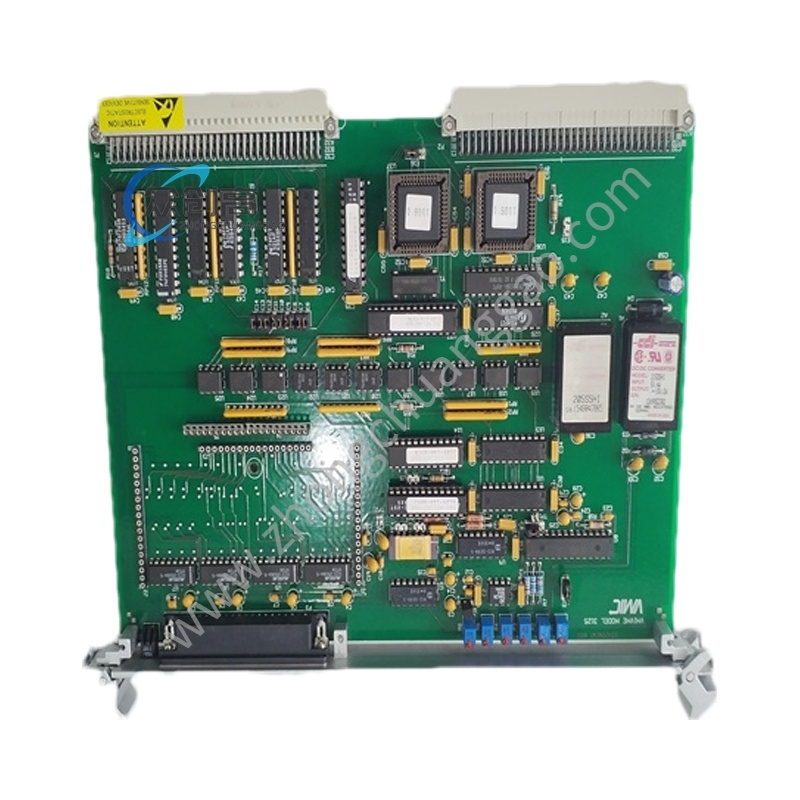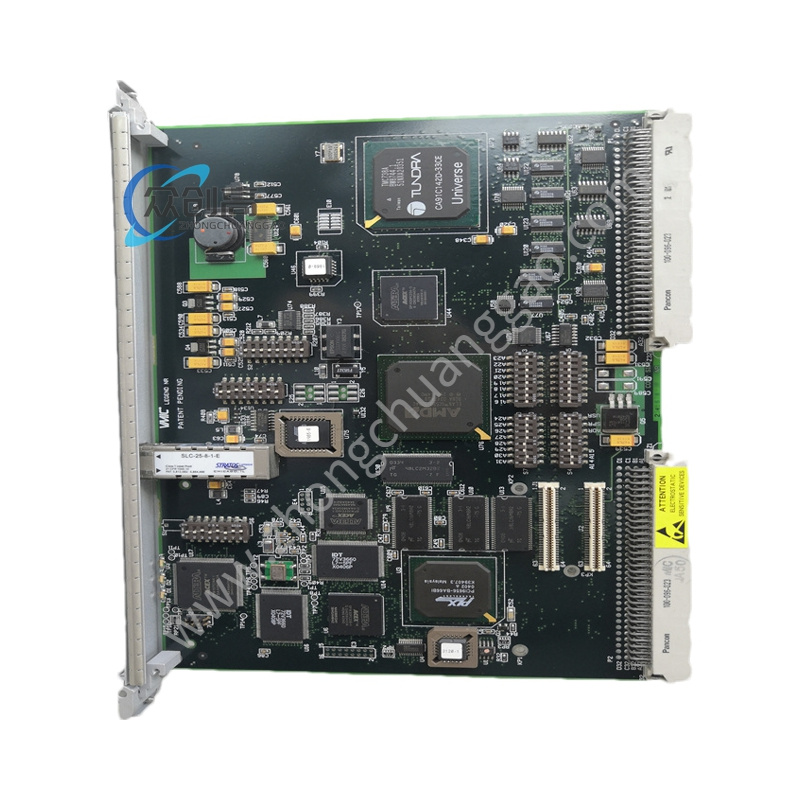GE IC693MDL742 Digital Output Module
Technical Specifications
- Output Points: 16 digital outputs (grouped in two sets of 8 points each).
- Output Type: Sourcing (positive logic), providing current from the module’s positive power bus to connected loads.
- Voltage Range: 12–30V DC (compatible with both 12V and 24V DC systems).
- Current per Point: 0.5A maximum per output point; 2A maximum per common (group).
- Response Time:
- On-time: ≤2ms
- Off-time: ≤2ms
- Surge Current: 4.78A for 10ms (during initial energization).
Detailed content
- Power Consumption: 110mA from the 5V DC backplane.
- Mounting: DIN rail or panel mounting.
- Compliance: UL, CUL, CE, Class I Division 2, ATEX Zone 2.
- LED Indicators: Per-point status LEDs for real-time monitoring of output states.
Functional Features
- High-Density Design: 16 outputs in a compact form factor, optimizing cabinet space.
- Flexible Logic Support: Compatible with both positive and negative logic configurations.
- Industrial-Grade Reliability: Built to withstand electromagnetic interference (EMI) and harsh environmental conditions.
- Hot-Swappable: Enables module replacement without system shutdown.
- Diagnostic Capabilities: LED indicators simplify troubleshooting and status monitoring.
- Wide Voltage Tolerance: Operates reliably across 12–30V DC, accommodating voltage fluctuations.
- Overcurrent Protection: External fuses recommended for additional protection against short circuits.
Application Scenarios
- Manufacturing: Controls actuators, solenoids, and indicators in assembly lines, robotic systems, and CNC machinery.
- Energy Sector: Manages switchgear and monitoring devices in power generation and distribution plants.
- Water Treatment: Interfaces with valves and pumps in municipal/industrial water treatment facilities.
- Oil & Gas: Supports safety-critical processes in extraction, refining, and pipeline systems.
- Transportation: Controls signaling and control systems in railways and traffic management infrastructure.
- Building Automation: Integrates with HVAC, lighting, and elevator systems in smart buildings.

